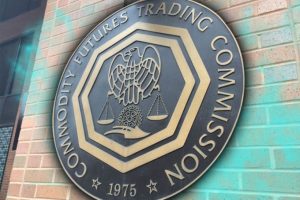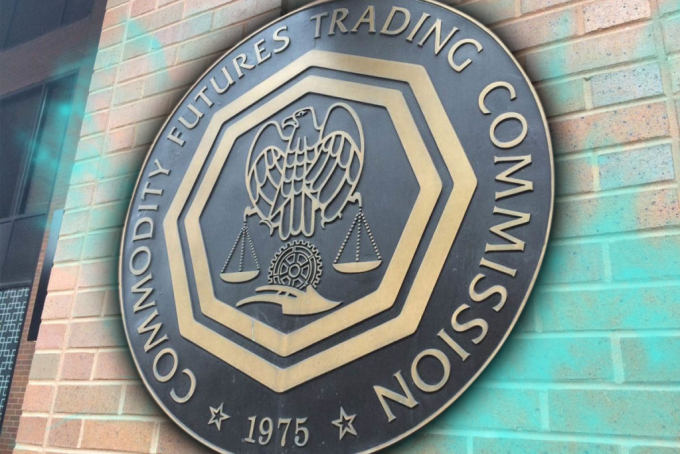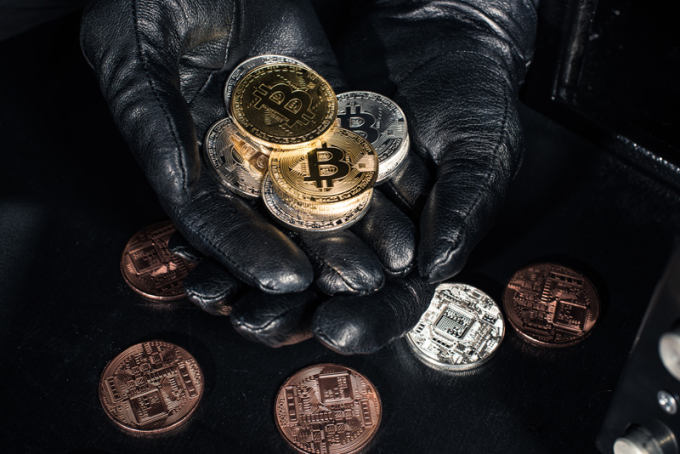
Receiving a subpoena from the U.S. Commodity Futures Trading Commission often causes panic by the recipient given the civil and criminal penalties associated with Commodities Exchange Act violations. The recipient may have no advance notice of the subpoena and may be unaware if they are a target of the CFTC’s investigation or merely an individual or company that possesses records of interest to the government. This blog post outlines appropriate steps to take upon receipt of a CFTC subpoena.
CFTC’s Information Gathering Process
The Staff of the CFTC is empowered to initiate investigations of persons and companies suspected of having violated the Commodity Exchange Act. The Staff generally receives documents from voluntary productions and use of compulsory process (meaning, the issuance of subpoenas). Any request for a voluntary interview or the voluntary production of documents requires serious consideration and consultation with counsel. The Staff’s reach can extend internationally. The CFTC has Memoranda of Understandings with various foreign authorities, which enables the CFTC’s staff to obtain documents without resort to use of subpoena power.
 FINRA Lawyer Blog
FINRA Lawyer Blog









